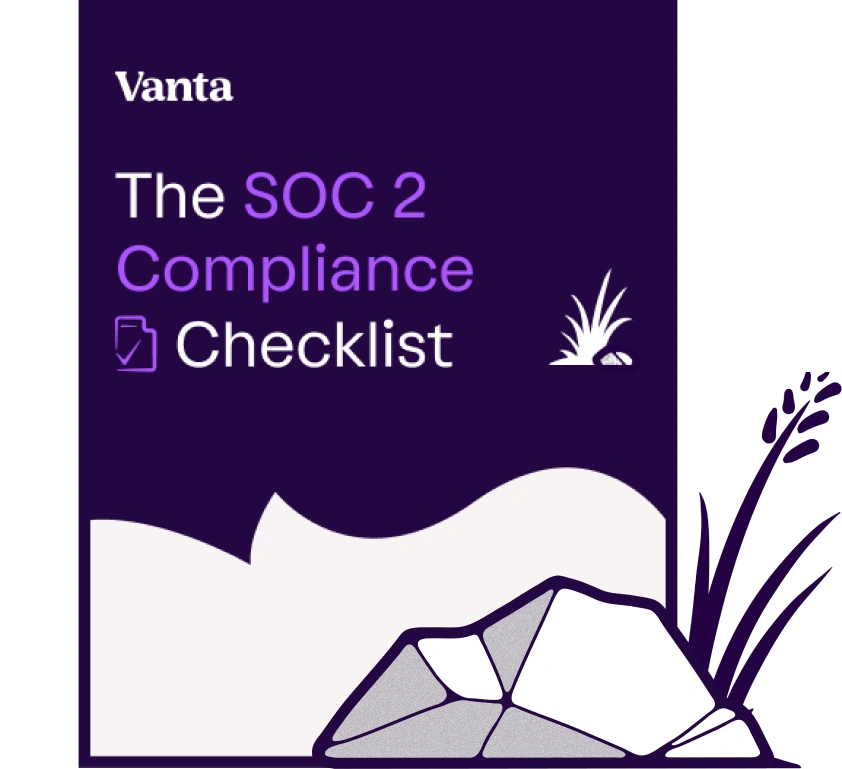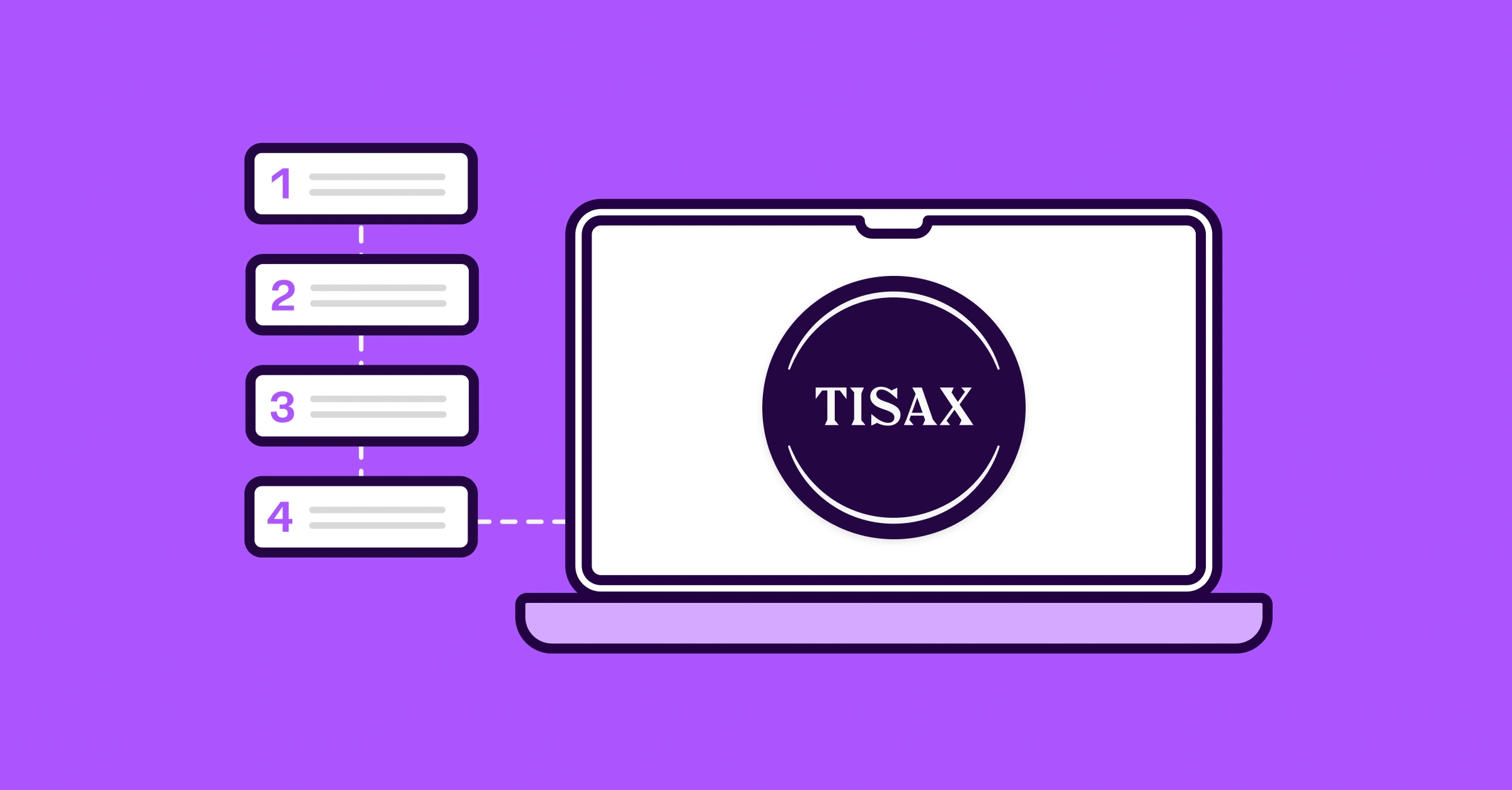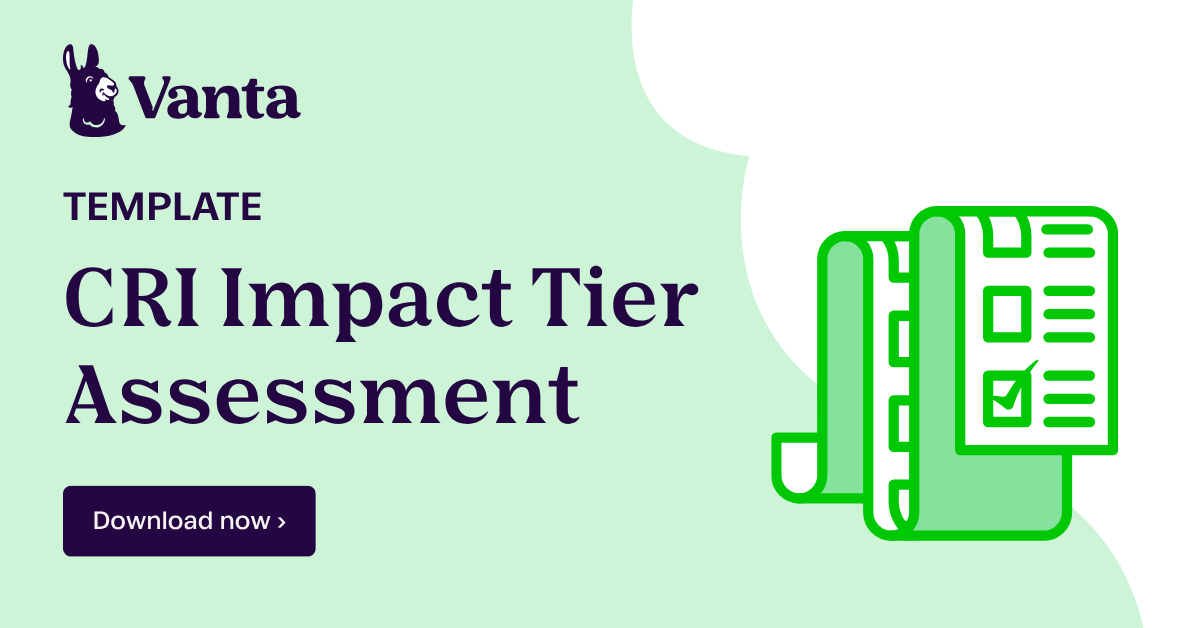Share this article

The startup guide to making your first security hire
Accelerating security solutions for small businesses Tagore offers strategic services to small businesses. | A partnership that can scale Tagore prioritized finding a managed compliance partner with an established product, dedicated support team, and rapid release rate. | Standing out from competitors Tagore's partnership with Vanta enhances its strategic focus and deepens client value, creating differentiation in a competitive market. |
As a startup founder, it can be difficult to know when it’s time to expand your team. Sales and engineering were likely your top priority hires to fuel your product development and growth. But knowing where to focus next is often murky for early-stage startups. As you build your company, it becomes increasingly clear that security and compliance are vital parts of a successful business, but hiring for them can feel like a luxury instead of a necessity.
Your startup may have even started achieving compliance or implementing a security program without a dedicated security hire. To hire someone specifically to do work that others can handle may feel counterintuitive, but not hiring someone can eventually become a roadblock to growth. When that happens, you’ll need to consider making your first security hire to ensure long-term success.
Wondering how, when, and why you should make your first hire? Follow these best practices and actionable advice to help build a strong security and compliance foundation to ensure security doesn’t impact your startup’s ability to scale.
Why making a first security hire matters
More often than not, customers and investors want to know a company has security practices in place, especially before closing a deal. In fact, Vanta’s State of Trust Report found that nearly two-thirds of organizations say that customers, investors, and suppliers increasingly require demonstrations of compliance. Additionally, 50 percent of businesses say they have terminated a vendor relationship due to security concerns. So, although focusing on security and compliance may not be a priority, they are valuable sales enablement tools.
Currently, you or someone on your team may handle implementing security and compliance protocols and controls. But as your business and product matures, these requirements can become more involved, increasing the risk of overlooking an essential requirement. It also becomes more difficult to implement security and compliance on the fly. Vanta’s State of Trust Report also found that the time spent on manual compliance has continued to increase, with organizations spending 11 working weeks on it. Additionally, one in ten respondents spent over 21 hours weekly on security compliance.
Having the right first security hire makes it easier for you to focus on your priorities as a founder: meeting customer and investor requirements as quickly as possible to reinvest time saved in other areas.
When to take the next step
Hiring your first security team member can feel like a big step, even with a solid security foundation in place. But at a certain point, not having a security hire can become a roadblock to your success.
Becoming and staying compliant is a full-time job, requiring someone to continuously maintain multiple compliance frameworks, controls, and security measures. Having people who aren’t compliance experts manage compliance and security tasks takes them away from their core duties and priorities, impacting how fast your business can scale. Additionally, without effectively implementing protocols and measures, it’ll be difficult to demonstrate trust to prospects and win deals, making it an immediate blocker to getting your startup to the next phase of growth.
Another clear sign that you need to make your first hire is when customers, investors, or your team start questioning security practices and strategies or demanding set frameworks and protocols. If you can’t confidently answer their questions or easily meet demands—which ultimately will impact your growth or ability to secure funding—it’s time to consider bringing in your first hire.
{{cta_withimage12="/cta-blocks"}}
Making your first security hire
Hiring takes time, and finding the right fit matters. Your main goal is to find a leader who is confident and capable of continuing to build out your security foundation and implement new policies, procedures, and controls. Your first security hire will play a crucial role in shaping your company's current and future security posture and you want to make sure they’re aligned with where the startup is headed.
Because of this, hiring a security generalist can be extremely beneficial. Generalists are comfortable with every aspect of security and can handle building a security program, assessing risk, responding to incidents, and more without immediately expanding the team. Candidates with experience as a Chief Information Security Officer (CISO) or as a virtual CISO (vCISO) at a Managed Service Provider (MSP) can also be a great fit, but it’s not mandatory. Regardless of the position they’ve held previously, your first hire should have experience aligning security programs with business goals and feel confident making impactful, risk-based decisions.
Hiring someone with startup experience is also ideal. Startup experience often means they can work efficiently and effectively with limited resources, especially in periods of uncertainty. Compliance programs can easily become messy and difficult to manage, especially if you’ve been functioning without a dedicated security hire. Startup experience can also ensure the hire is comfortable communicating and working cross-functionally with other teams, investors, and potentially, customers. Finally, it’s important to consider cultural fit, resilience, and adaptability.
Once you have a good understanding of what makes a hire the right fit for your business, you’ll need to start sourcing candidates. Your network as a founder will be vital here. Investors and those within your network will likely have recommendations or potential candidates. You can also reach out to CISOs at more mature startups to see if they have any candidates or those seeking growth opportunities.
Setting your first security hire up for success
Once you've found the right fit, be proactive about setting them up for success. Be clear about their role in the company. They should know exactly where their role sits within the organization and who they’re reporting to. They should also meet with key executives and stakeholders to get a clear understanding of your company's risk appetite, priorities, and long-term goals. This will ensure they make informed decisions that support the company’s goals from day one.
From there, encourage your new hire to educate you and the team on risks and how they can impact the business. Highlight that collaboration is key, and together, you can balance security and short-term needs with long-term goals.
By prioritizing communication, your security hire should feel empowered to articulate risk to support the company’s overall direction and goals. Doing so will also continue to foster a security-aware culture that focuses on continuous improvement, ensuring future growth and success. Building trust within the company and getting buy-in to security practices is half the battle, so connecting with internal and external stakeholders is key as well.
While making a new hire can feel daunting, working backward from your company’s goals and milestones and following the steps we’ve outlined above can ensure you find the right person.
What if you're not ready?
Not sure if your startup is ready to make a hire yet? That’s okay. If you aren’t in a highly regulated industry, your customers aren’t asking about security or compliance, or there’s not enough budget to hire another full-time person, making a security hire likely isn’t an immediate priority. But even if any of these are true, you still should keep security top of mind and prioritize strengthening your company’s security posture.
As a founder, it’s your job to establish a security culture. Your team looks to you for guidance, and being security aware means they will be too. This includes good corporate governance, the establishment of policies and acceptable use guidelines, and the adoption of security tools. Laying this foundation shows your team you’re committed to building a secure and resilient product and business. Additionally, by integrating security into your current processes, you can feel confident that every decision is a balance between risk and profit.
While it can be tempting to wait to implement security until your company is more mature, it typically makes adapting to new processes, compliance frameworks, and controls more challenging. As you scale, customers expect these foundations to already be in place. Without an existing foundation, you’ll be scrambling to meet expectations or requirements, which can cost more than implementing them proactively.
If budget is the main reason for delaying a security hire, using a platform like Vanta can help build a security foundation and set up your first security and compliance program at a fraction of the cost. Vanta equips your startup with an all-in-one compliance solution, including a growing partner network, expert support, and a marketplace for security tools, saving you time and ensuring your company has everything it needs to continue growing.
Ready to take the next step in your security journey? Learn more about Vanta’s solution for startups.
{{cta_simple11="/cta-blocks"}}





FEATURED VANTA RESOURCE
The ultimate guide to scaling your compliance program
Learn how to scale, manage, and optimize alongside your business goals.













.png)
.webp)




.png)
.png)
.png)






.svg)
.svg)


